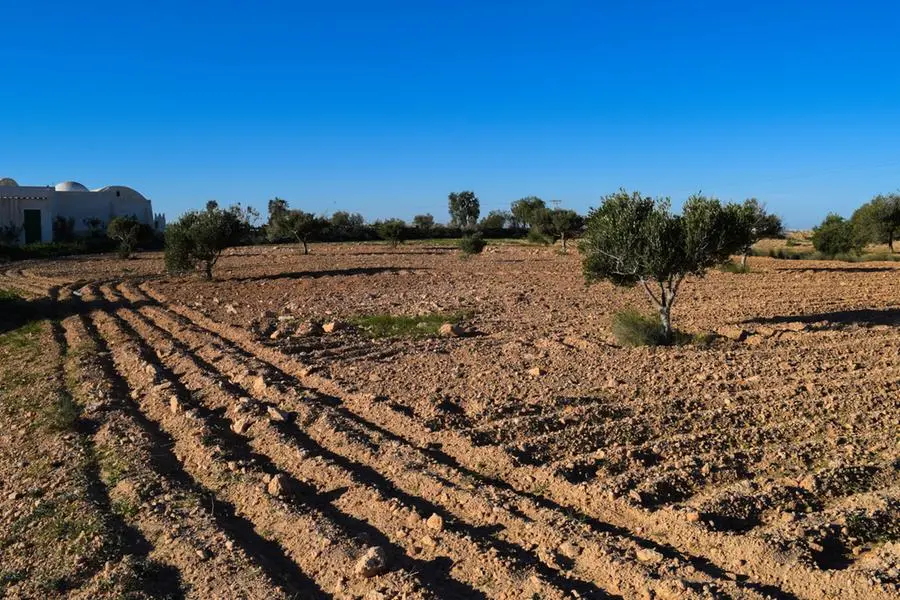PHOTO
Tunisia - The Ministry of Agriculture, Water Resssources and Fisheries authorised regional directorates to start irrigating grain crops, Secretary of State for Water Resources Ridha Gabouj told TAP in an interview.
Farmers, civil society and authorities need to face up to the illegal drilling of wells, he further said.
In response to concerns expressed by farmers in connection to the lack of irrigation and the failure of implementation of the quota system, the Secretary of State said authorities rely on local grain production to avoid importation which involves foreign currency transactions.
Gabouj said grain ouput in the last season was "catastrophic" as it amounted to 5 million quintals, pushing the country into importing nearly 25 million quintals to meet demand; this cost the State TND 3 billion.
"We sell dates, olive oil and fisheries and we import grain in foreign currency to meet domestic demand. This increases the burden on State's budget each year, " he said.
The ministry made necessary financial and logistical ressources available for farmers.
Commenting on illegal drilling, the official said there are about 42,000 wells in Tunisia with 30,000 which are illegal. 10,000 are located in Kébili.
Illegal drilling caused damage to the groundwater table, considering the country's limited resources, Ridha Gabouj said. Owners who obtained licenses are urged to handle this illegal practice.
The Secretary of State said annual water demand in Tunisia exceeds the 3.8 billion m3 mark. 75 % of water resources are mobilised through wells which are supplied from the groundwater table.
© Tap 2022 Provided by SyndiGate Media Inc. (Syndigate.info).





















